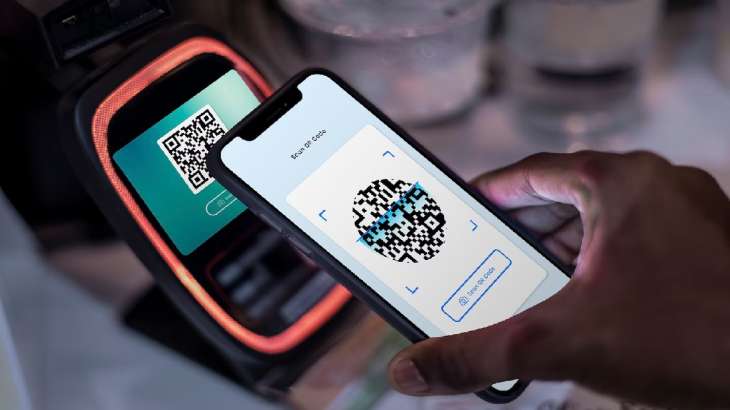
The National Payments Corporation of India (NPCI) has announced that beginning April 1, an interchange fee of up to 1.1% will be levied on merchant UPI (Unified Payments Interface) transactions.
According to a recent circular from the NPCI, using Prepaid Payment Instruments (PPIs) for UPI transactions will incur an interchange fee. If the transaction exceeds 2,000, fees will be applied.
The interchange fee varies depending on the type of merchant. It ranges from 0.5% to 1.1%, with a cap in place in some categories.
The new fee, according to a notification issued today by NPCI, is only applicable to merchant transactions involving prepaid payment instruments. The payments body clarified that normal UPI payments, dubbed “bank account-to-bank account-based UPI payments,” will be free of charge.
While supermarkets charge 0.9% of the transaction value, telecom, education, and utilities/post offices all charge an interchange fee of 0.7%. According to CNBC TV-18, there will be 1% charges for insurance, government, mutual funds, and railroads, 0.5% for fuel, and 0.7% for agriculture.
The fees will go into effect on April 1.
In the case of peer-to-peer (P2P) and peer-to-peer-merchant (P2PM) transactions, exchange will not be used. PPP issuers will be required to pay a wallet-loading charge of 15 basis points (bps) to the remitter bank for transactions exceeding 2,000.
The NPCI will review the pricing on or before September 30, 2023.
In August of last year, the Finance Ministry stated that UPI is a digital public good and that no fees would be levied on transactions made through it. “UPI is a digital public good that provides enormous convenience to the public while also increasing economic productivity.” The government is not considering charging for UPI services. “Other means must be used to address service providers’ concerns about cost recovery,” the ministry tweeted.
The statement was made in response to the RBI’s discussion paper, which claimed that because UPI is a fund transfer system similar to IMPS (Immediate Payment Service), fees associated with UPI fund transfers may be comparable to those associated with IMPS fund transfers.





